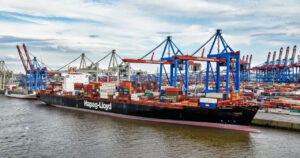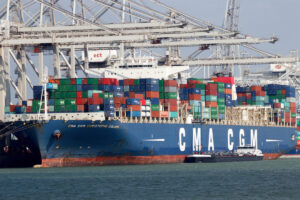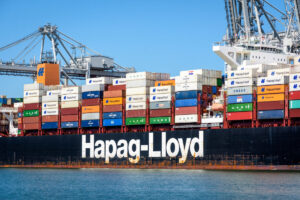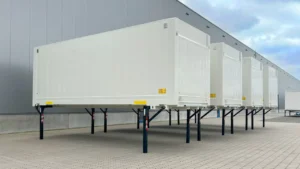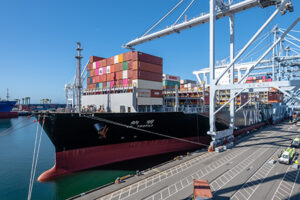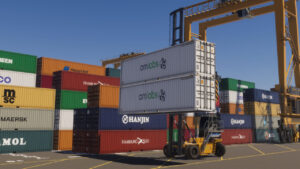Waste management company Cory that it will convert its fleet of River Thames tugs to eco-friendly biofuel following successful trials that have shown a reduction of net carbon dioxide emissions of 90%.
In a statement, the company described the move as a major step in decarbonising the its river operations and transport on the Thames as the UK targets net zero greenhouse gas emissions by 2050.
The biofuel, hydrotreated vegetable oil (HVO) will bring additional air quality benefits – reducing nitrous oxide (NOx) and particulate matter emissions by 19% and 21% respectively.
It said HVO is produced from waste materials such as used cooking oil and waste fats, which do not release any new carbon dioxide into the atmosphere. The effective use of waste is consistent with Cory’s broader business approach.
Cory has been operating on the River Thames since the company’s incorporation 125 years ago in 1896. The current fleet of tugs are responsible for transporting more than 1 million tonnes of recyclable and non-recyclable waste per year.
Cory’s use of the river to transport waste is unique in the UK and saves 100,000 truck movements annually, helping to keep roads safer, cleaner, and less congested.
Dougie Sutherland, CEO of Cory said, “The switch to using HVO to fuel our tugs is another important moment in our 125-year history.
“As a business, we are proud of our stewardship of the Thames and the river’s role in reducing the environmental impact of our operations.
“For people who live and work in London, our fleet of tugs and barges are a familiar sight and have gained something of an iconic status as a result.
“As well as being recognisable, we want them to also be contributing to reducing emissions on the Thames.
“While we know this is a great step forward, we also recognise that using HVO is a temporary measure on the road to net zero, and that is why we are also exploring opportunities for zero carbon marine vessels.”
Robin Mortimer, Chief Executive of Port of London Authority, also commented, “This is exactly the sort of step required to make a difference on the journey to net zero and a cleaner environment.”


